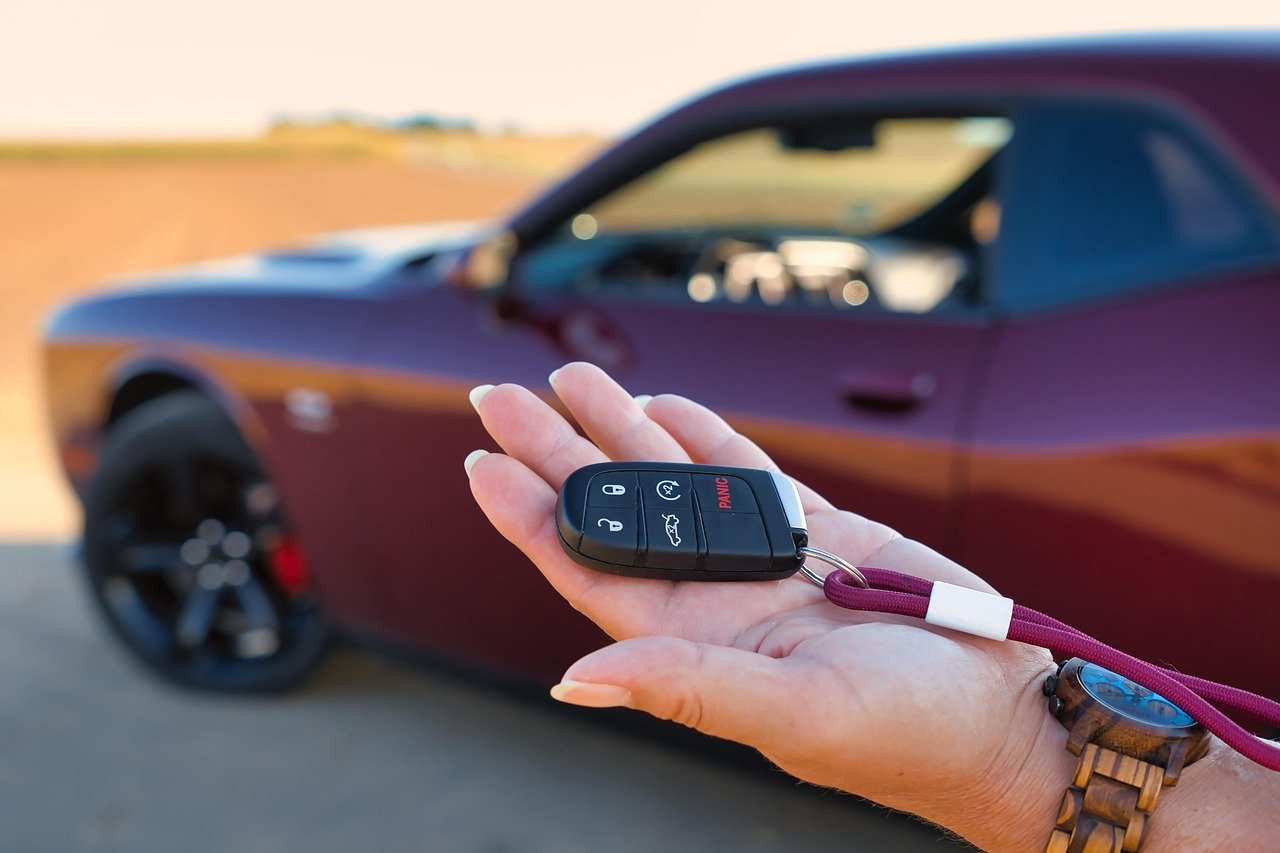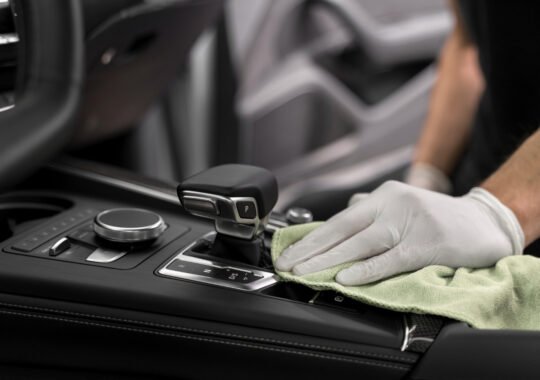How can you ensure you receive the highest possible amount when trading in your vehicle?
Car owners typically remain unaware that they are forfeiting thousands of dollars during their vehicle trade-ins. An optimized trade-in value compared to a standard one can create financial benefits.
- More money toward your next vehicle
- Less financing needed
- A significantly better deal overall
The problem is that most people don’t know the insider secrets that can dramatically increase what a car dealer will offer for their vehicle.
What you’ll discover:
- Understanding Today’s Trade-In Market
- Pre-Trade-In Preparations That Pay Off
- Documentation That Drives Value Higher
- Timing Your Trade-In For Maximum Return
- Negotiation Strategies That Actually Work
- Common Trade-In Mistakes To Avoid
Understanding Today’s Trade-In Market
Major changes in Australia’s car market directly affect current trade-in values. It is essential to know the present market conditions before deciding to trade in your vehicle.
The State of the Australian Car Market
The forecast predicts new car sales will decrease by 4.5% to reach approximately 1.18 million units in 2025. The market downturn results from diminishing private demand coupled with an increased vehicle supply and wider economic challenges.
As sales of new cars decrease, dealerships are tightening their selection process for used cars and adjusting their purchase prices accordingly.
The used car market experiences declining valuation because supply conditions have become better. To achieve the highest trade-in valuation dealerships must implement precise timing combined with advanced negotiation techniques.
Vehicle Type Matters More Than Ever
As of May 2025 SUV sales reached 60.4% of all new vehicles sold in Australia representing an increase from 55.8% in 2024.
When trading in an SUV, you will probably receive a higher offer than what you would get for a sedan or hatchback that is in the same condition. Resale values for hybrid and electric vehicles remain strong even though these values differ among various models.
Regional Variations in Trade-In Values
In Australia the value you get for trading in your vehicle may differ by thousands depending on your location. Residents of metropolitan regions benefit from more competitive dealer markets which tend to work to their advantage.
If you’re prepared to travel to different locations you should ask dealerships there to provide trade-in quotes.
Pre-Trade-In Preparations That Pay Off
Effective preparation before your vehicle trade-in can boost its value by several hundred to a few thousand dollars.
Strategic Cleaning and Detailing
First impressions matter enormously. If a car receives a thorough cleaning, it has the potential to generate between 10% and 15% more value compared to a car that remains in average condition.
Here’s the professional approach:
- Exterior washing: Remove stubborn stains, polish out minor scratches.
- Wheel treatment: Clean wheels thoroughly and apply tire dressing.
- Interior clean: Vacuum thoroughly, clean all surfaces, and remove stains.
- Odor elimination: Remove trash, use odor eliminators, and avoid artificial fragrances.
Professional detailing services generally range from $150 to $300 yet increase your trade-in value by $500 to $1500.
Smart Mechanical Preparations
Major mechanical problems can lead to a substantial decrease in your trade-in offer. Here’s what to address:
- Fix simple issues like burnt-out lights, worn wiper blades, or a weak battery
- Address warning lights if the solution is affordable
- Top up all fluids and change the oil if due
Avoid major repair costs before selling your vehicle. Major repairs fail to deliver their full investment value when you trade in your vehicle.
Cosmetic Touch-Ups Worth Making
Worth fixing:
- Small dents using paintless dent removal
- Minor scratches with touch-up paint
- Cracked windshields (often covered by insurance)
Not worth fixing:
- Major body damage
- Complete paint jobs
- Extensive interior renovations
Documentation That Drives Value Higher
Proper documentation demonstrates to dealers that your vehicle represents a dependable investment opportunity.
Service History: Your Car’s Resume
The dealer can assess that your car was properly maintained by reviewing a complete service history. Organize your records chronologically, including:
- Regular oil changes and maintenance
- Major services with timestamps
- Repairs and parts replacements
You need to reach out to your service centers to obtain duplicate records if you have lost some documents.
Proof of Upgrades and Improvements
Keep receipts and warranty information for:
- Premium tires with significant tread remaining
- Recently replaced major components
- Technology upgrades
- Performance enhancements
Vehicle History Reports
Proactively obtain a vehicle history report instead of waiting for the dealer to run one. Your ability to negotiate increases when your vehicle history report shows no accident history.
Timing Your Trade-In For Maximum Return
Your trade-in value can increase by 5-10% through strategic timing.
Seasonal Considerations
Different vehicles have different peak demand seasons:
- Convertibles: Spring and early summer
- SUVs and AWD vehicles: Fall and early winter
- Family vehicles: Late spring and early summer
The Australian new vehicle market experienced a decline to 105,285 sales in May 2025 which represents a 5.2% reduction from the previous year. The current market conditions demonstrate active competition alongside evolving market dynamics.
Market Cycle Awareness
The used car market follows predictable cycles:
- Model year transitions: Trade in before next year’s models arrive
- End of financial year: June deals often boost trade-in values
- End-of-month: Dealers may offer more to meet sales targets
As the used car market faces potential value decreases in 20251 buyers need to be strategic about timing.
Mileage Milestones
To preserve your trade-in value stay ahead of major mileage milestones when considering vehicle trade-in options.
- Just before 100,000 km
- Before warranty expiration
- Before major scheduled maintenance is due
Negotiation Strategies That Actually Work
Applying these techniques can boost your trade-in offers by 10 to 20%.
The Multi-Dealer Approach
Never settle for a single trade-in offer. Visit at least three dealerships:
- Visit the dealership where you intend to purchase your next vehicle.
- An auto service center that focuses specifically on your vehicle brand
- A large, high-volume dealership
Employ each trade-in offer as leverage to negotiate improved terms from other dealerships.
Separating Transactions
Keep trade-in and new car purchase negotiations separate to prevent dealer manipulation of numbers. This allows dealers to manipulate numbers.
Instead:
- Establish the new vehicle’s price first
- Only then discuss your trade-in value
- Get the trade-in offer in writing
Handling these negotiations separately keeps you in control while ensuring transparency throughout the process.
Strategic Information Disclosure
Be strategic about how you present information:
- Highlight documented maintenance
- Address obvious issues upfront
- Emphasize features that add value
- Know your vehicle’s current market value
Your position becomes weaker when you disclose how urgently you need to sell or buy.
Common Trade-In Mistakes To Avoid
By steering clear of these errors you can secure your full financial value.
Neglecting Research
Entering a dealership without understanding your vehicle’s market value represents the most critical error you can make. Always research:
- Current private sale values for your make and model
- Recent trade-in values for similar vehicles
- Your vehicle’s wholesale value
The decrease in new car sales by 4.5% in 2025 makes current value knowledge essential.
Overlooking Alternative Options
Sometimes trading in isn’t your best option. Consider:
- Private selling (typically nets 15-20% more)
- Consignment with a dealer
- Online car buying services
Compare all potential returns before deciding.
Emotional Attachment
The personal history you have with your car holds no monetary value to dealerships. Avoid:
- Overvaluing based on personal experiences
- Getting offended by lower-than-expected offers
- You should avoid choosing options based on your feelings instead of factual information.
Dealers treat vehicles like market commodities because they view them through this same lens.
Wrapping It Up
Exchanging your vehicle through trade-in does not automatically result in financial loss. You can maximize your trade-in value when you understand market conditions and prepare your vehicle while collecting documents and negotiating at the right time.
SUVs maintain their market dominance in Australia where they represent 60.4% of new vehicle sales. The changing market landscape presents both problems to overcome and new possibilities to explore.
Putting effort into maximizing your trade-in value will affect your next vehicle purchase by possibly saving you thousands on financing or expanding your budget for your next car.





